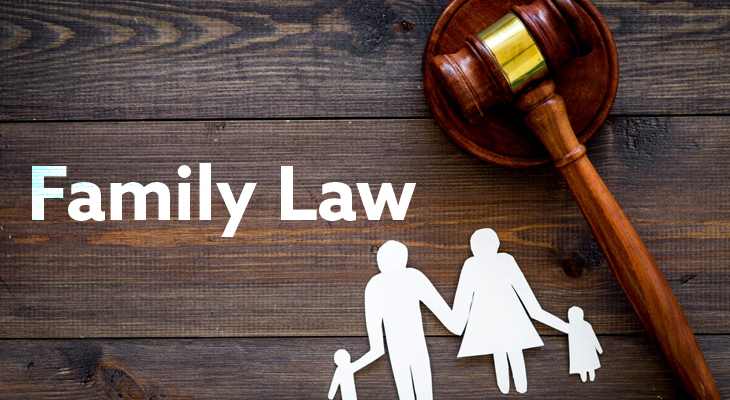Protection of human values in private law in the context of modern trends and the ongoing recodification of private law – Family Law Conference
2021-09-10

The Civic Association of Private Law in cooperation with the Faculty of Law of the Pavol Jozef Šafárik University organized the annual conference of private law titled Košice Days of Private Law, within the context of “Protection of human values in private law in the context of modern trends and the ongoing recodification of private law”, which took place on 21-23.4.2021. The conference was divided into four panels. The Family Law panel held on 23.4.2021 started off with the speech of Dr. Garayova, on the topic of Slovakia and the Convention on the Rights of the Child.
The speech highlighted the importance of the research done by the Central European Professors’ Network coordinated by the Ferenc Madl Institute of Comparative Law in the region and summarized the research results.
This year marks the 32nd anniversary of the adoption of the Convention on the Rights of the Child. According to this document, a child is considered to be any human being under the age of 18, unless adulthood is attained earlier under national law.
The Convention has brought a lot of changes in that since its adoption, children have not only the obligation to obey adults, but also their rights, which must be respected by their peers, adults and society as a whole. Children have the right to participate in decisions in matters that concern them, such as court proceedings. They also have the right to protection from acts that could harm them.
In Slovakia, also according to the Constitution of the Slovak Republic and other legal regulations, no discrimination against children is allowed. The interest of children is considered paramount in any procedures and solutions concerning the child. The best interests of the child shall take precedence over the interests of adults. The Convention on the Rights of the Child also remembers groups of children who need special protection and assistance. It protects against child labor, drug use, sexual abuse, exploitation, kidnapping and trafficking, torture or armed conflict. The Convention guarantees the right to life and development, name, nationality, the right to know their parents, the right to education, but also, for example, the right to leisure, rest or the right to know about one’s rights. Another important right of children is the right to be separated from their parents only in case of abuse or neglect.
On the occasion of the 32nd anniversary of the Convention, as well as on the occasion of the 32nd anniversary of the Velvet Revolution, we observe how the situation of children in former children’s homes has shifted positively since 1989. From anonymous boarding houses, we have achieved a reform to Centers for children and families. They are mainly aimed at fulfilling Article 9 of the Convention – the right of the child to live in a family with his or her own parents. We realize that today, to a much greater extent, the best help for a child is to help his or her family.
The Slovak Republic became a party to the Convention with effect from 1 January 1993. In accordance with Article 44 of the Convention, the Slovak Republic is required to report through the UN Secretary-General on measures taken to implement the rights recognized in the Convention and on the progress achieved in the exercise of these rights. Dr. Garayova went beyond the theoretical background and provided a detailed report on the actual situation in the Slovak republic in this regard. The contribution is based on her research within the Central European Professors’ Network coordinated by the Ferenc Madl Institute of Comparative Law.
While Slovak legislation increasingly reflects Slovakia’s obligations under the Convention on the Rights of the Child in the area of fulfilment and protection of children’s rights, application practice lags significantly behind it and does not make full use of the potential of existing legislation. In the case of Roma children, the situation is even more complex. Many live in segregated settlements in unsatisfactory housing, hygiene and catering conditions. Poverty and social exclusion are the reason why parents also neglect the healthcare of these children, often trade with them in order to provide for the basic necessities of life, they do not support their education. In addition, they experience several forms of discrimination in education, the most common of which is their placement in special classes or schools, or segregation from other children in regular schools. They are also the largest group of children placed outside the family in institutional care that does not take into account their ethnic and cultural specificities. Dr. Garayova highlighted the areas of potential improvement based on her research.
The full program of the conference can be found on the following link: https://kdsp.sk/program-konferencie/
The conference proceedings will be published in a written publication at a later date.








